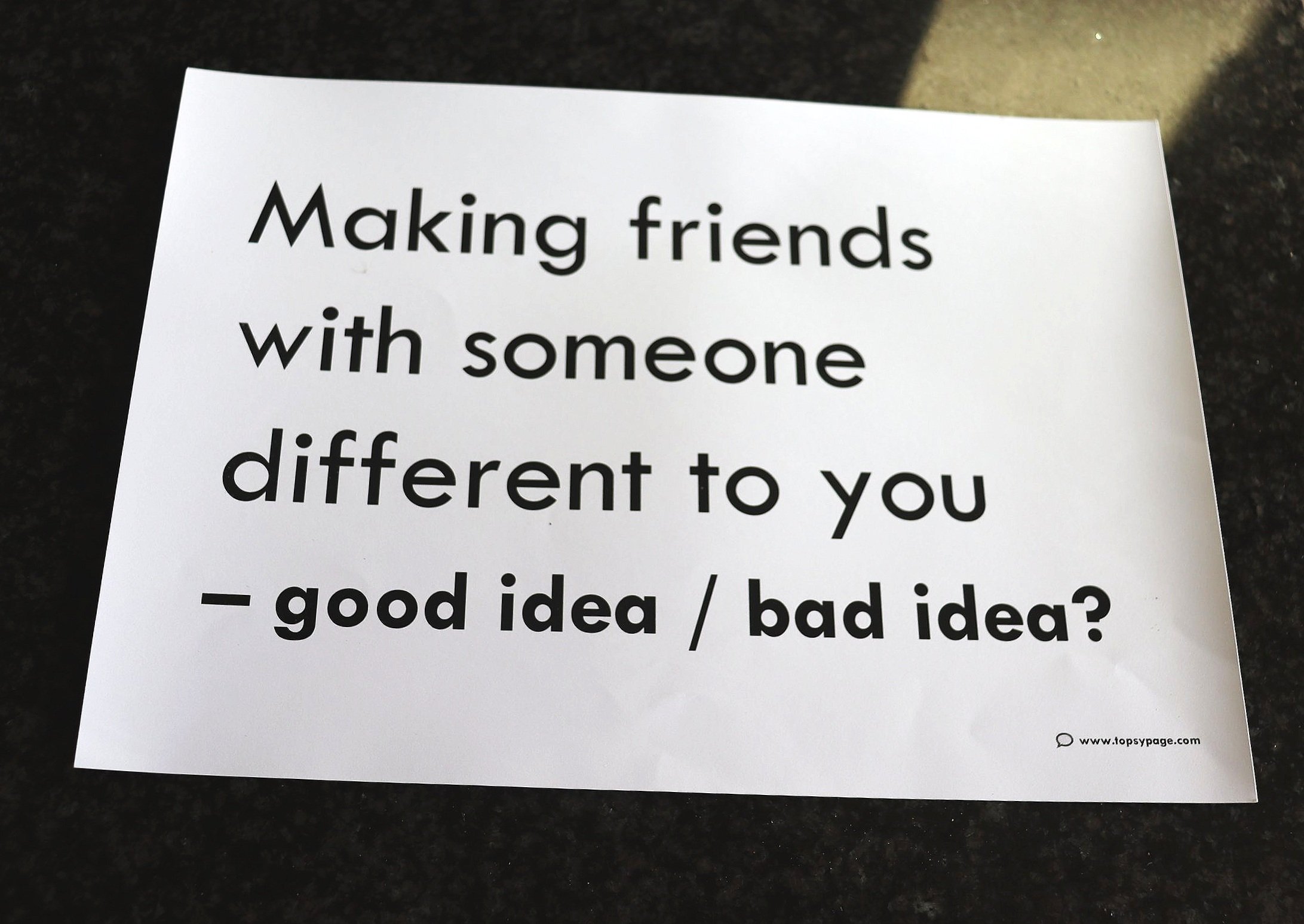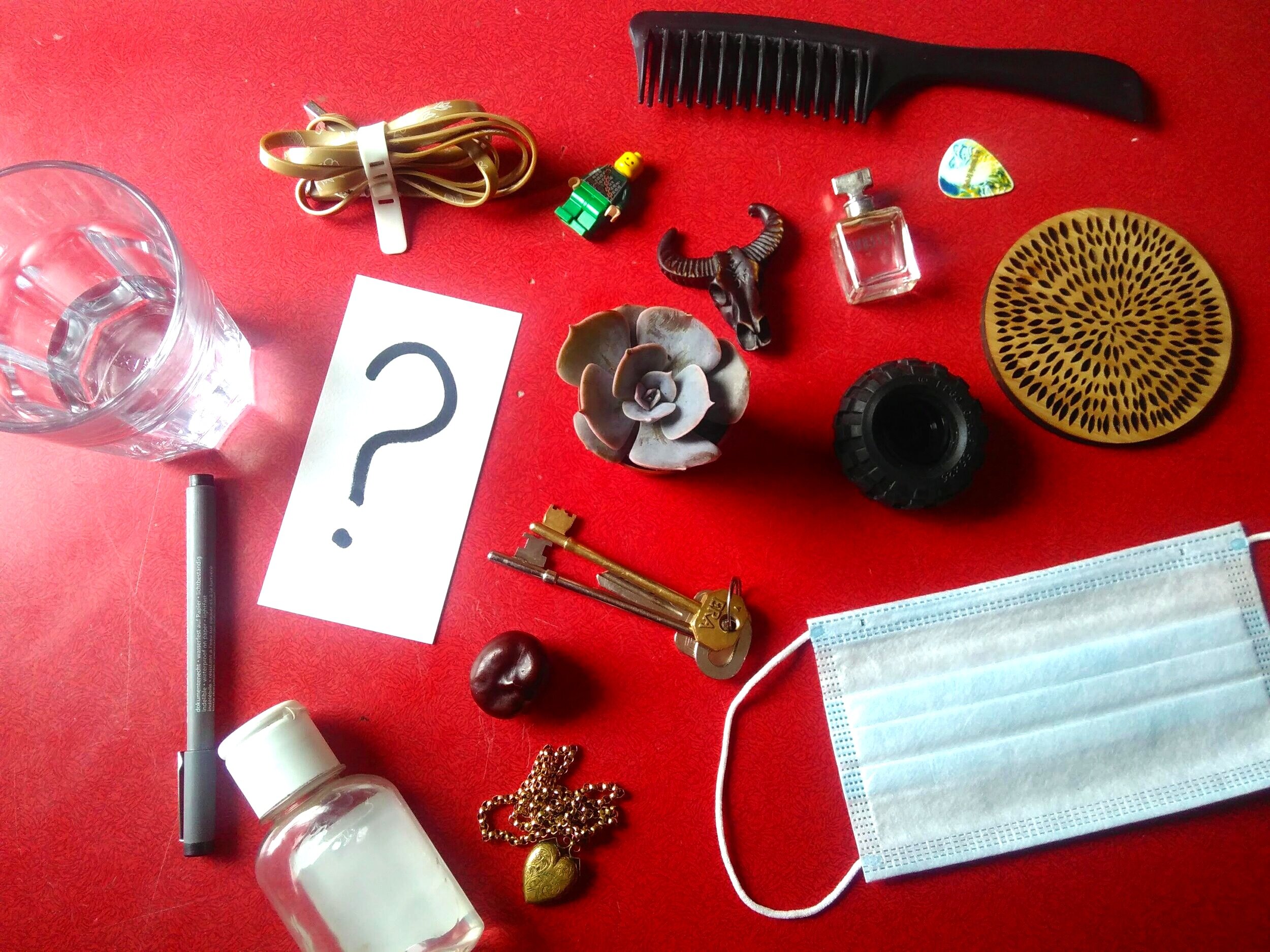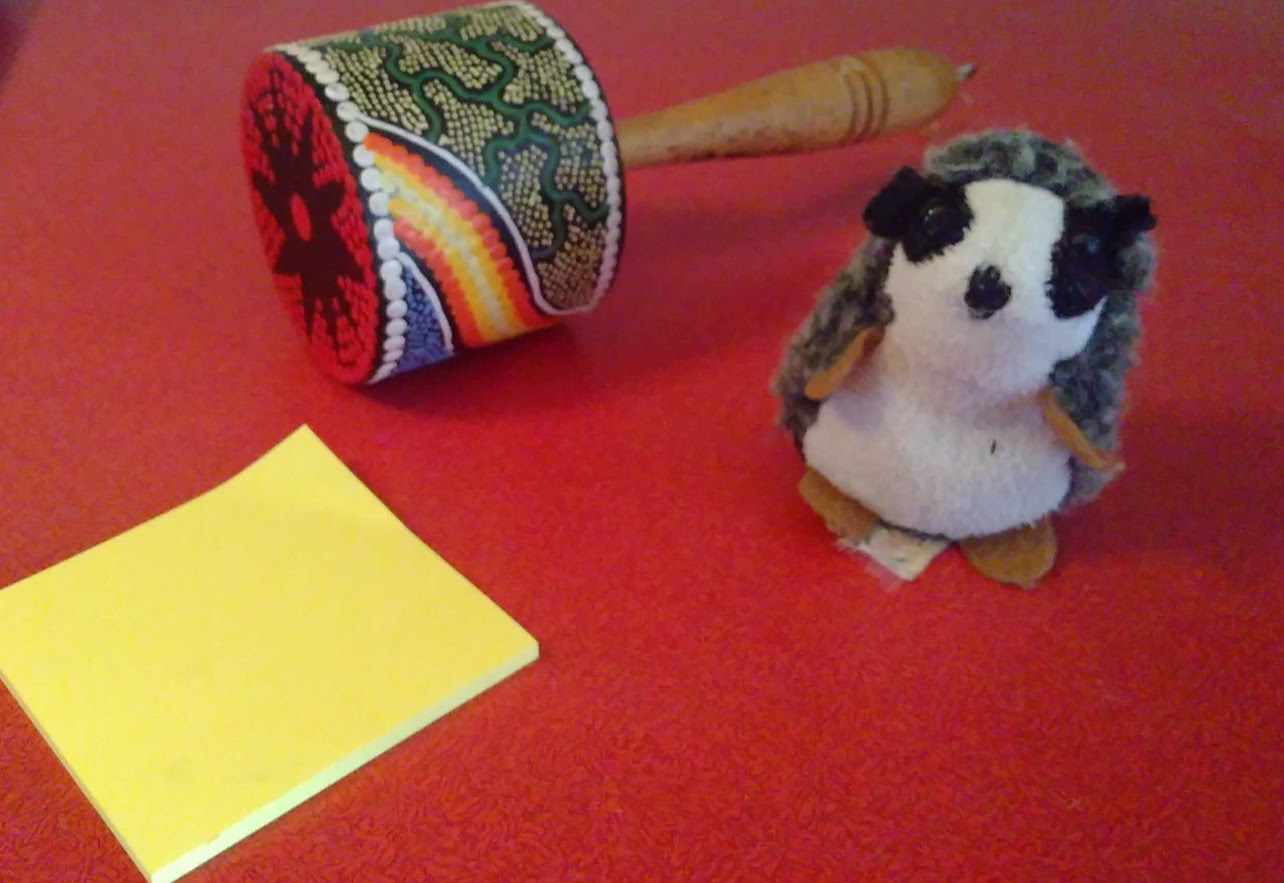
Change Places If… (sometimes called Silent Statements) is a great Philosophy for Children warm-up game. You’ve probably played it before, giving instructions such as Change places if you ate breakfast, Change places if you like football, etc.
For additional benefit, I like to use statements that raise awareness about listening and talking:
Change places if you like talking.
Change places if you like listening.
Change places if you consider yourself a good listener.
Change places if you’d like to talk more.
Change places if you sometimes talk too much.
Change places if you think some people talk too much.
Change places if you think you could be a better listener…
…and so on.
(If you can’t do changing places due to COVID-19 safety policies, you still have options. Try Stand up if…, Put your hands on your knees if… or Turn around if….)
An oracy game, a mental workout, and an opportunity to practise respectful challenge
A quick, active game that helps pupils reflect on their own talk
Get students thinking and talking with a game that only takes moments to set up.
Seven quick activities to develop talk, listening and non-verbal communication
Ways to develop talking at a distance
Generating dialogue, comparing concepts, deepening understanding.
Simple-yet-effective techniques to get three year olds talking and keep them focused.
Tips for playing this popular P4C warm-up game which develops creative thinking plus turn-taking, listening, responding, and recognising shapes.
Celebrating a useful and fun resource.
The game ‘Odd One Out’ is a great way to begin lessons on specific themes or topics - you can quickly create a resource box that will last for the duration of the topic.
An example of raising engagement in learning using the power of open questions.

























Can they remember what everyone else said?